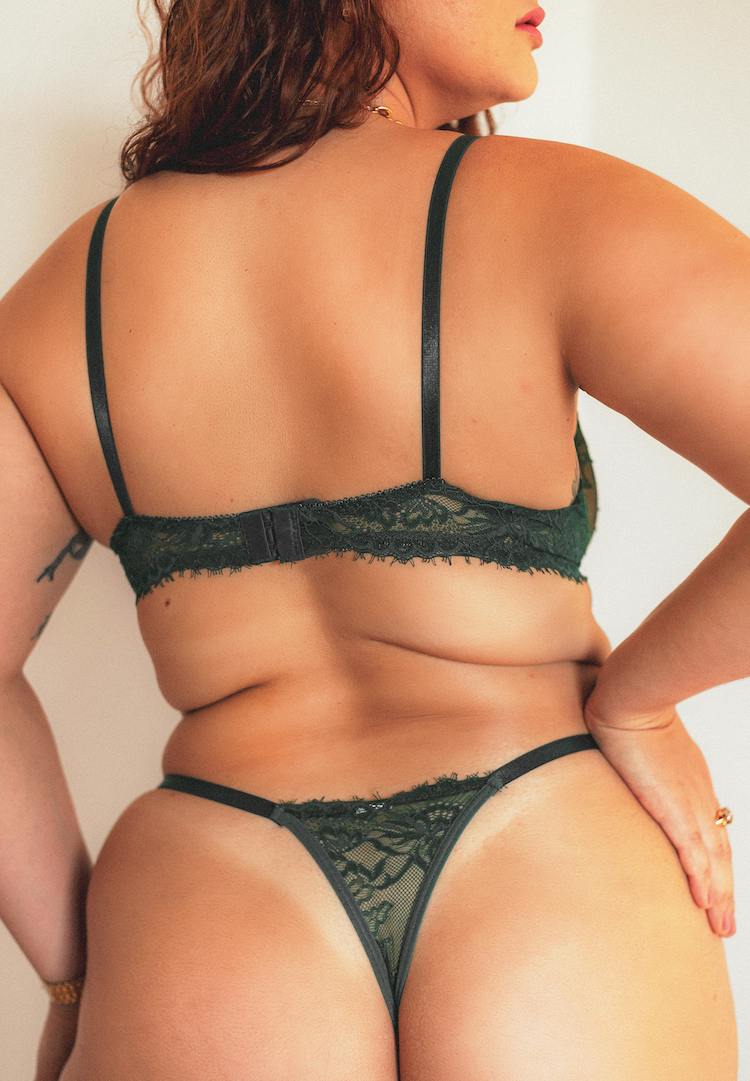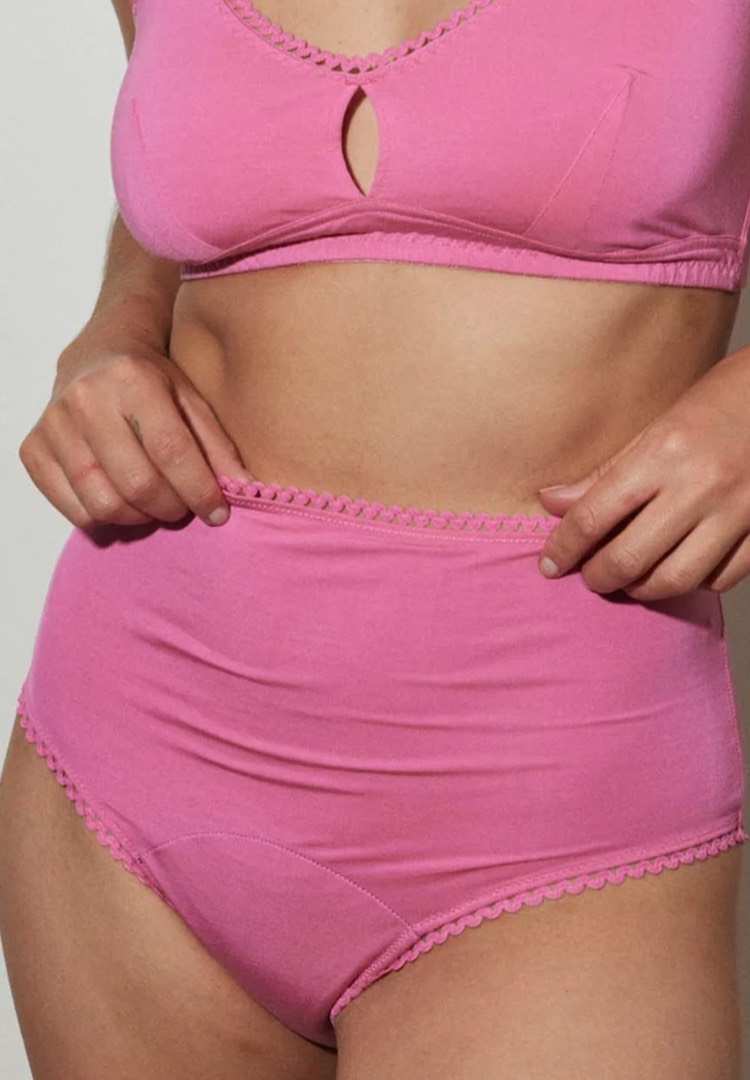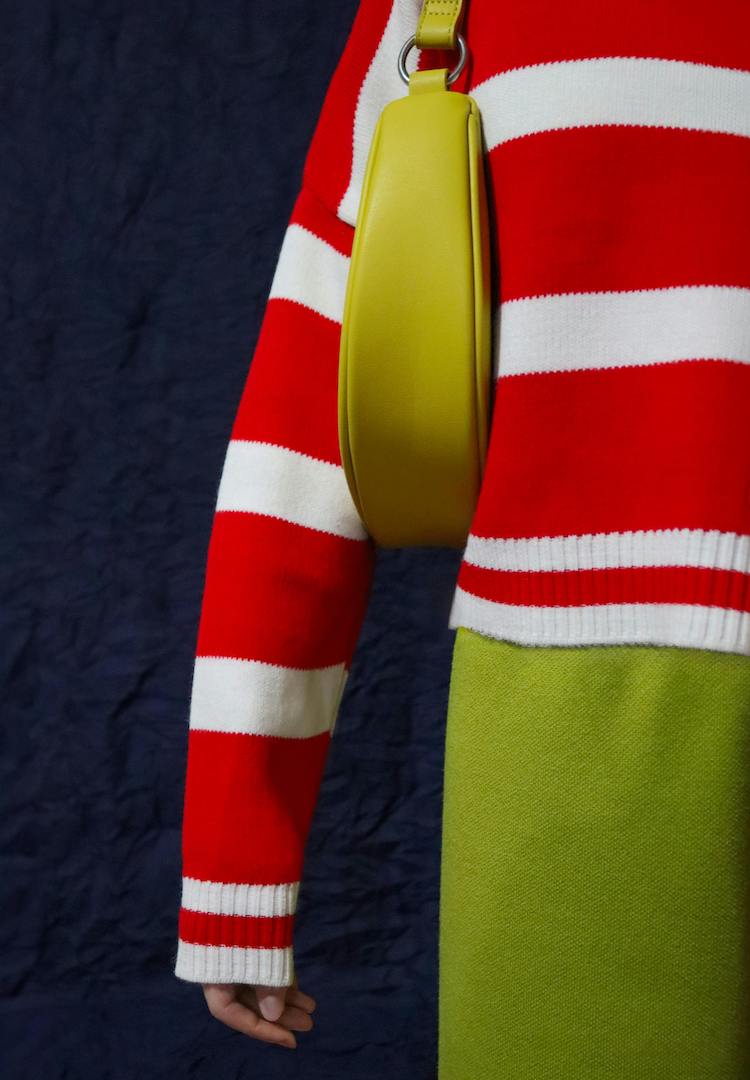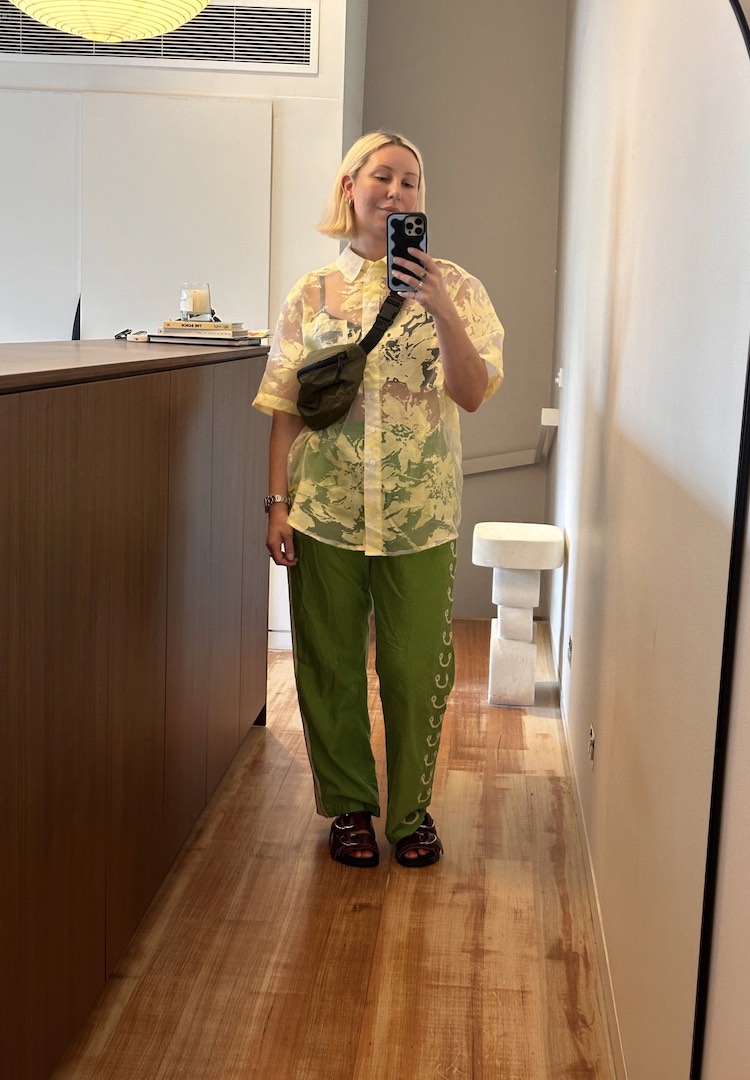Understanding paid menstrual leave and why we need it in Australia
PHOTOGRAPHY BY JASON HENLEY
WORDS BY Emma Ruben
Menstrual pain (and shame).
The gruelling pain in my abdomen, the stabbing pain in my lower back and the frequent need to go to the toilet (someone needs to admit it) – these are all reasons I’ve had to miss a day of work or reschedule plans with friends.
As someone who has suffered from painful periods since I was a teenager, I was used to taking a few days off to suffer through Aunt Flo on my own. On days where I couldn’t escape my schedule, I’d stick on a heat patch, down some painkillers and hope that no one could tell I was on my period (and in gruelling pain).
Interested to hear how others navigate the world? Head to our Life section.
While skipping a few days of classes or work when you have your period doesn’t seem like a big deal, it actually is. It’s part of a bigger issue that affects all people that menstruate, all over the world. Its name? Period shame or menstrual stigma.
To better understand how I was being affected by menstrual stigma, I spoke to the 2021 Young Australian of the Year winner, Isobel Marshall. Isobel, alongside her best friend Eloise Hall, founded Taboo, an initiative that produces a high-quality organic cotton range of period products with all profits dedicated to eradicating period poverty in countries such as Uganda and Sierra Leone.
What is menstrual stigma and how does it affect us?
Menstrual stigma is a very broad term for the bias faced by people who menstruate. This can be experienced in many ways: shoving our pads to the bottom of our bags in embarrassment, or not approaching a medical professional about unusual period symptoms (and then missing work or school as a result).
According to the Period Pride Report, commissioned by Share the Dignity, 23,307 out of 125,000 respondents admitted to always hiding anything that had to do with their period. 35 per cent of respondents said they sometimes had to use a sick day while six per cent said they absolutely needed to every month.
While Taboo aims to eradicate global period poverty and improve menstrual well-being, Isobel tells me that the company’s journey actually begins with breaking down the discourse surrounding periods and the perpetuation of period shame in our everyday lives.
“[Menstrual stigma] is a community issue. Particularly because as a community we’re all around because of periods,” Isobel tells me. “And the fact that it has negative connotations attached to it and it has shame attached to it means that that shame is experienced by multiple people at multiple points in their lives.”
And while sticks and stones may break our bones, these kinds of words can stop someone from investigating issues related to their menstrual health. “The stigma results in a lack of conversation around menstruation, which results in a lack of people being able to voice their concerns or issues that they face to a medical professional,” Isobel explains.
“That lack of conversation, because of the stigma, means that solutions can’t be put in place on a more structural level, and means that decision-makers and leaders aren’t aware of the issues that are surrounding the menstrual cycle.”
There’s no shame in seeking help
So, what about people who need to seek help because of menstrual-related pain or illnesses? Unfortunately, there’s a gap in the research when it comes to menstruation health (cheers, patriarchy). And since menstruation isn’t represented as an important aspect of medical research, health professionals just may not have all the answers.
Isobel agrees and tells me that the lack of research in this area, “speaks to a lack of trust in women’s experiences and women’s reports of severe discomfort and pain associated with the menstrual cycle”.
Research has shown that this stigma prevents women from seeking health care for menstrual-related pain. This is one of the worst ways that menstrual stigma can impact women and people who menstruate: it holds them back from seeking medical help when they might seriously need it.
And it’s because “there’s this idea that if a woman can’t deal with her period, then it’s because her sensitivity is either too high, or her tolerance is too low,” explains Isobel. “Or she’s not as capable as the other women around her that seem to deal with their period just fine.”
If you, like me, do suffer from severe menstrual pain or other extreme menstrual side effects, I speak from experience when I say you should definitely go see a doctor who you’re comfortable with, especially if your period is stopping you from going about your everyday life.
Isobel confirms this sentiment and tells me that we need to try and be more confident in listening to what our bodies are telling us. “If you need to take off time from school, or take off time from work, then it’s likely that there’s underlying pathology going on,” she says. “Having to take that menstrual leave is a red flag that you should go to your GP and suss out if there’s anything going on in the background.”
Why do we need menstrual leave?
One good thing we can take from the growing narrative surrounding periods, it’s that there are more discussions happening around the necessity of menstrual leave.
“It’s so important that menstrual leave is there and it’s taken seriously. But I think it can almost have a second purpose in that it in itself is a red flag that you should seek further medical help,” Isobel explains. Using that menstrual leave to find out if there is an underlying issue with your body can be crucial in finding a diagnosis and being able to treat it.
And the impact of these conversations means that many organisations are implementing menstrual and menopausal leave policies so that people who menstruate are able to find out if they have got a menstrual related illness. Companies like Future Super and Modibodi have implemented paid menstrual leave policies, separate from sick leave.
Because there are other ways that period related illnesses can be managed “which means that you [people who menstruate] don’t have to take that menstrual leave, which means you don’t have to feel as though you’re on the back foot in relation to your peers,” Isobel adds.
With more and more companies bringing in menstrual leave, let’s try and remember that we shouldn’t feel embarrassed or weak for taking period leave when we need it – periods are just as much a part of life as going to the toilet or eating breakfast.
The more we talk about our periods, whether it be to a health professional or to our friends, the more we’ll be able to break down period shame. And the less will we have to suffer through Aunt Flo on our own.
To find out more about menstrual leave in Australia, head here.










